a 16yo girl’s take on poetry. and growing up.
this is not completely a poem. nor an essay. it's however the closest I will ever get to an autobiography. or to death. or to actual art.
this piece talks briefly about very dark mental places (depression etc). please protect your mental health.
I believe the first poem I ever learned as a child was about a cat. It was going around its home, sleeping, reclining. Anything one’s cat can nonchalantly do. It was probably ten years ago now. Which means that my own personal history with poetry is fairly recent (considering how ancient the form of art itself is).
But recent does not mean windless, does it ?
When I turned 11, I decided to read the entirety of Homer’s Odyssey. Yes all of it. Obviously I had no clear idea of what dactylic hexameter meant - especially in latin - but I felt it. I felt it in every cell of my eleven years old’s body. The day I turned 11 and a half, I decided to love grownups’ books forever. And to not be scared by anything. I decided to be a fearless, brave, admirable woman. When I turned 11, Homer taught me that no matter what, fear is a liar.
When I turned 12, I realised that I wanted to di.e, that I was alone, and that I doubted pretty much everything that I ever internally established about myself. I read The Complete Poems of Emily Dickinson (1955). I stated in my journal “One day I want to be a poet. Not because I like it. But because I just read Hope is a Thing with Feathers and Because I could not stop Death back to back. I feel hopefull. It kinda made me feel alive through someone else. In my life I don’t want happiness, this will come eventually, but I want to feel alive .”
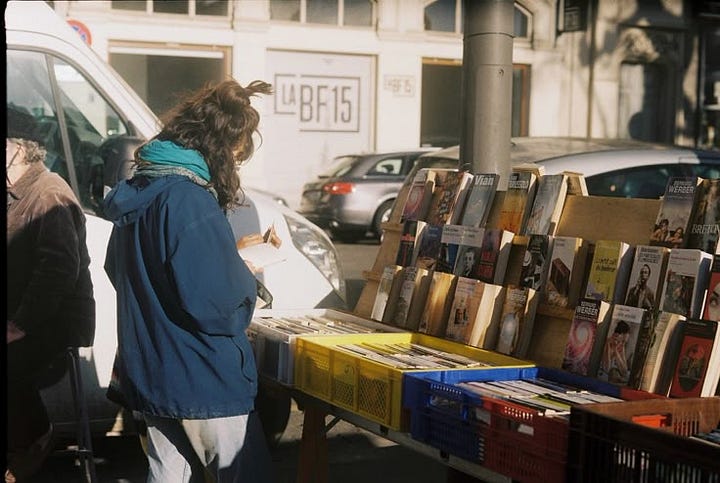
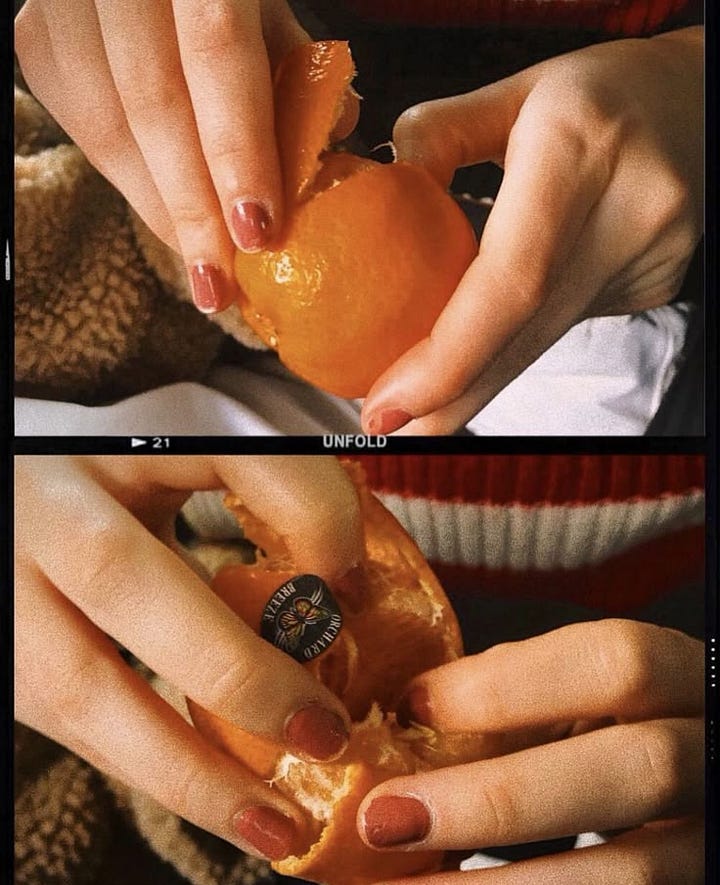
When I turned 13, I was in the darkest, loneliest, blackest place I ever was in. I had given up on reading anything other than novels for a while. It was a Tuesday, I was wandering around the local library, and I decided I shall get back to poetry because maybe it would make me - and I take that back - sound and look better to people. It was a highly stupid thought, but that is all I had. So on a Tuesday, I bought my first ever copy of Ariel (Sylvia Plath, 1965). I had not yet given up on being a poet, however the idea of becoming at all seemed rather unpleasant to me at the time. It was a Sunday (I believe) when I decided not to kms thanks to Sylvia Plath. Not because I did not want to, but because I refused to be a failure. I refused to die thinking I was just terrible at everything. So I made the decision to only kms when I would be so sickeningly happy that nothing could ever be better. Until then, I would spend my life time looking for my acme, my zenith. And then I would di.e, thinking I was everything but a failure. I started to despise failure. And adore Sylvia Plath. I still do.
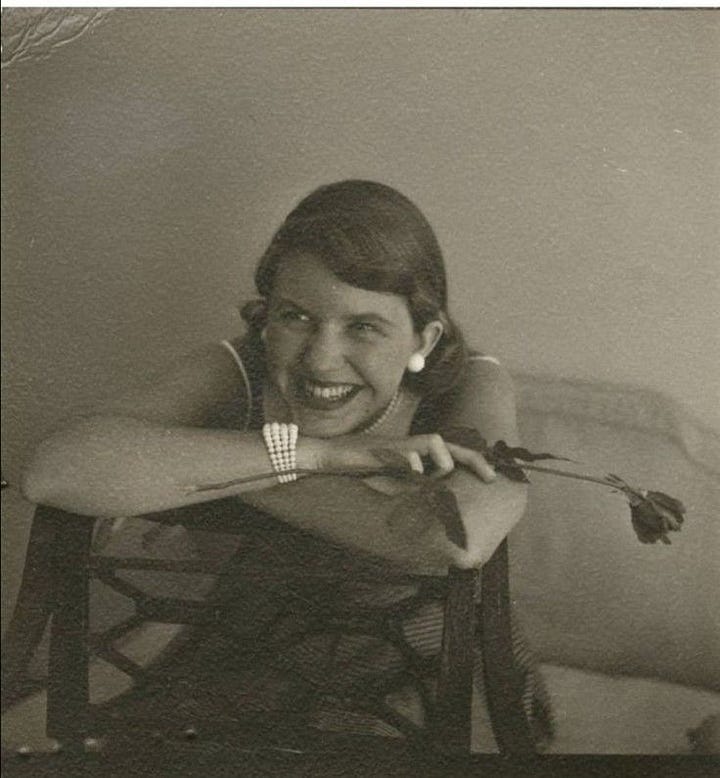
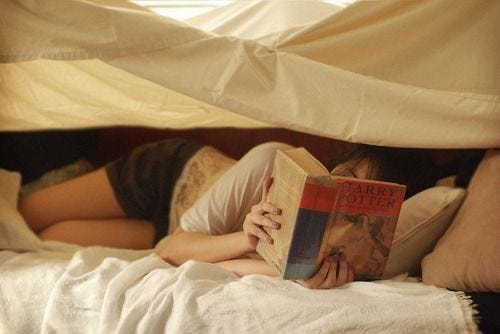
When I turned 14, I found something softer. I started reading Mary Oliver and Elizabeth Bishop all during the same summer. My very own characteristic loneliness was still there, I still thought everything was going to be this unpleasant forever, and I received one of the most devastating news ever, having to face the harshest of realities ; but it wasn’t as dark anymore. Everything became - inside me and in my poetry reads at least - quieter. When I started reading Oliver, and for the first time since I became a teenager, poetry was not about survival or sorrowful, it was about being noticing. Noticing in the smallest things - a blade of grass, the birds singing, the way the clouds all looked thankful to be here. I read Wild Geese and thought maybe I didn’t have to be absolutely perfect - nor highly remarkable - maybe just being was enough. It didn’t feel like salvation the way Plath had. It felt like permission. Around the same time, I fell (not literally but still) in love with Elizabeth Bishop. I started being in awe of her precision, the way she could take something so ordinary - a fish, a filling station - and turn it into a universe. I remember reading One Art, and thinking, “Is this what it means to lose and still keep going?” . I didn’t want to lose anything, but I realised I had been losing pieces of myself for years, and Bishop made it seem like maybe that was just part of life. Maybe loss wasn’t the enemy. Maybe it was inevitable, and that was ok.
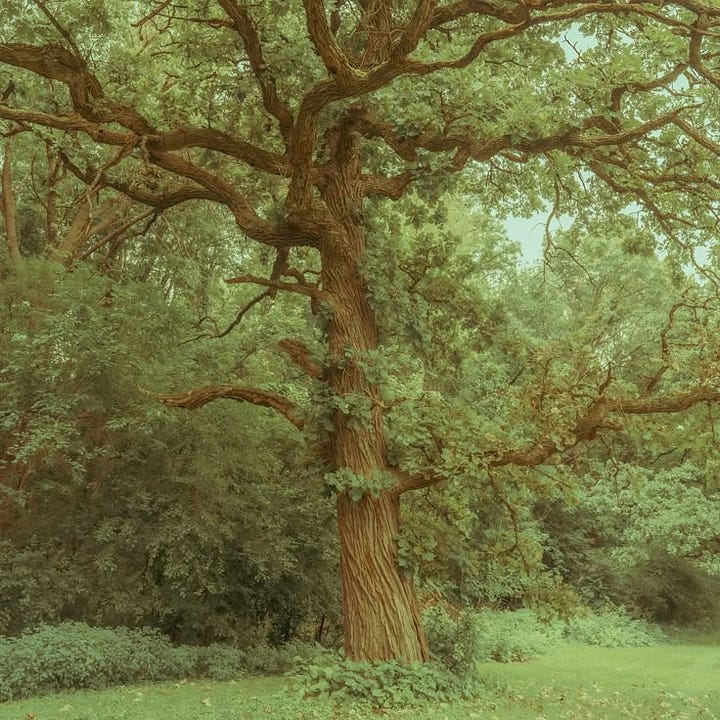
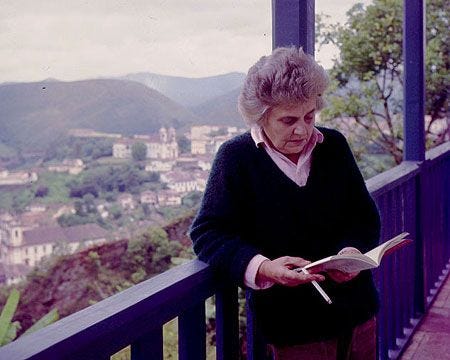
When I turned 15, I walked into my first ever english literature class (I know ; quite late). Among my other french study companions - classmates - I felt like an absolute literary genius. I was obviously not, and they caught up rapidly enough (even if I did love to brag about everything I knew when we started studying Ted Hughes). Thus, I studied my first ever Shakespeare sonnet, numbers 116. It had nothing really special at first. It was rather lovely and beautifully written - obviously - but I didn’t feel anything particular on that day. However, it was a Wednesday in November that I decided to never become a poet after writing the poem of mines I was the proudest of. It was foxy, yet angelic. Traditional, yet so modern. It was on paper, yes, but it was the closest to myself I ever was.
I could never be Shakespeare, nor Mary Oliver, because I could never be really satisfied with my writing. I could never be a true poet. I did not want to anymore. Because reading who I was among the lines of what I just would have written on that piece of paper was enough. And after winter walked away and spring knocked on my door I thought ; “Oh my gosh, is that what Shakespeare does to people ?”.
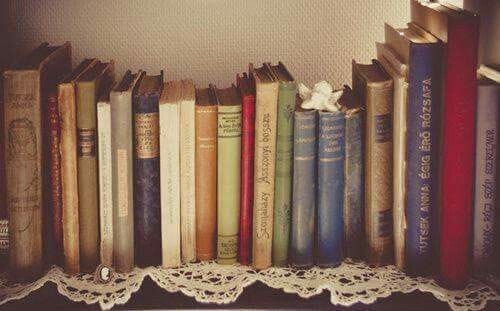
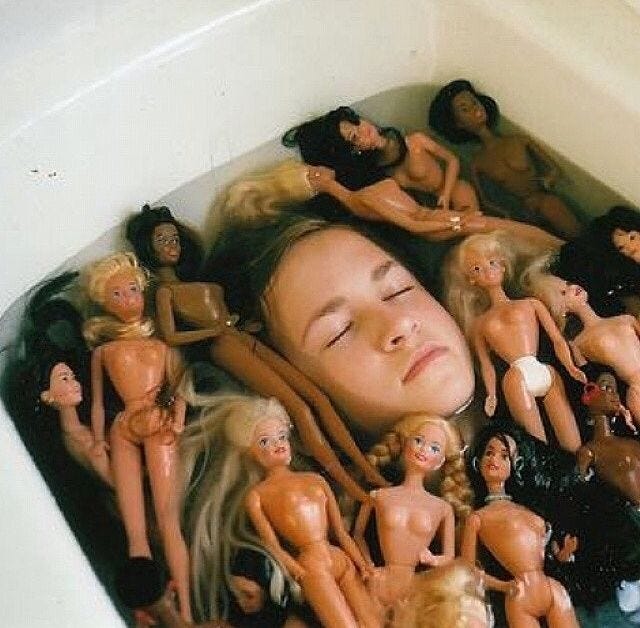
When I turned 16 this July, I started to wonder if poetry still had a place for me. I had decided that I would never be a poet - at least not the kind I grew up admiring. But that didn’t mean I stopped writing. In fact, poetry became something even more personal after I was recently told I probably will spend the next bit of my teenage years in a hospital. My poems were not for the world, not even for validation, but for me. I still read Mary Oliver, still let Elizabeth Bishop whisper in my ear whenever I can. I still study Shakespeare, and still somehow think about Sylvia Plath when I don’t know what to do with my life. And I still smile whenever little kids start reciting to me the poems they are currently memorising. But now, I also let myself breathe more deeply into the poems I write.
I realised that at 16, poetry is not about proving anything. It’s not about living up to Homer or Shakespeare. It’s about how words can settle into the cracks of growing up and living. Make sense of things when nothing else does. I’m still working on being fearless, but I’ve learned to be kinder to myself. Maybe that’s what poetry has always been trying to teach me - to notice, to allow, to accept.
Now, I still write poems. Some are terrible, some are a little beautiful, and most of them are both. And even if I’ll never become a “real” poet, I think that’s ok. Poetry was never a career for me - it’s a way of growing up.
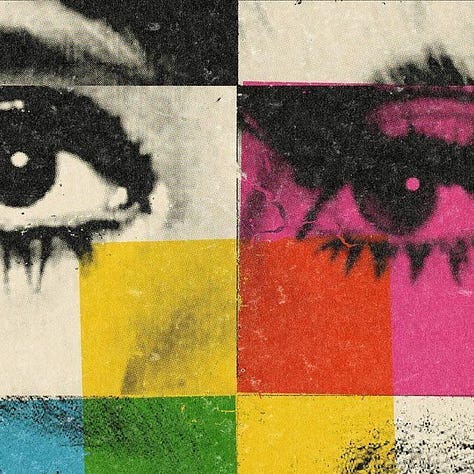
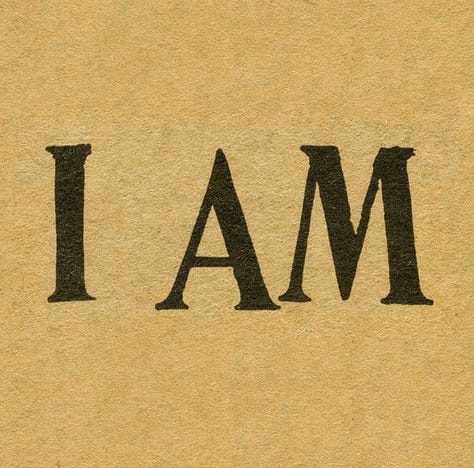
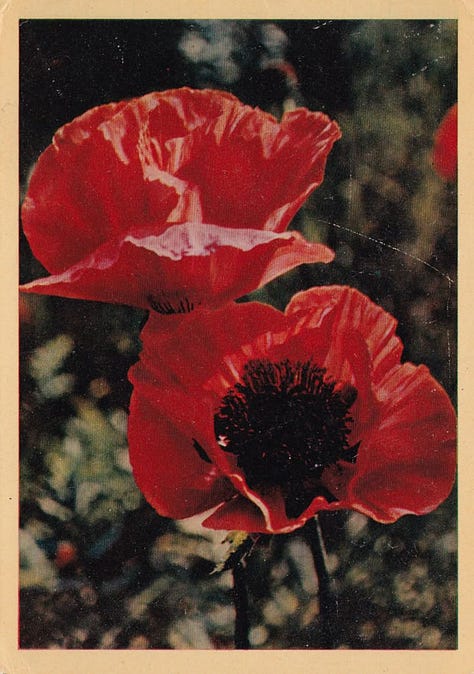
thank you so much if you happened to read this far, it means the world. I’d also be so happy if you shared your own history with poetry with me, do not hesitate.
with love, lilha.




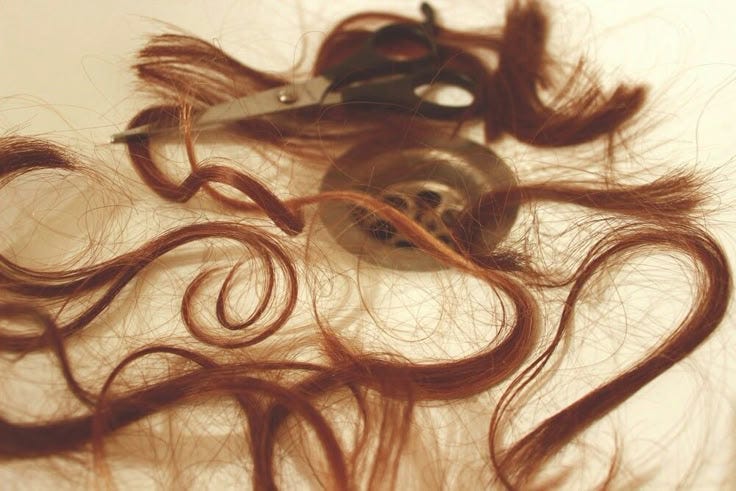

are we not all reading poetry so we sound and look better to people? also - you’re like a child prodigy, my goodness 🙆🏻♀️
god, i need this words injected into my veins RIGHT NOW. i also started writing poems at a young age so people would notice me or think i was cool... (spoiler: it did not work) it made my dad so mad that i was writing about myself, about my experience as a woman, that i started writing more and more as a rebellion. what i'm trying to say is that poetry is whatever you want it to be: a rebellion, a confession, a hobby to pass the time. whatever, but keep writing!!! it doesn't have to be excellent, not even good. just some advice from your substack' big sis :)